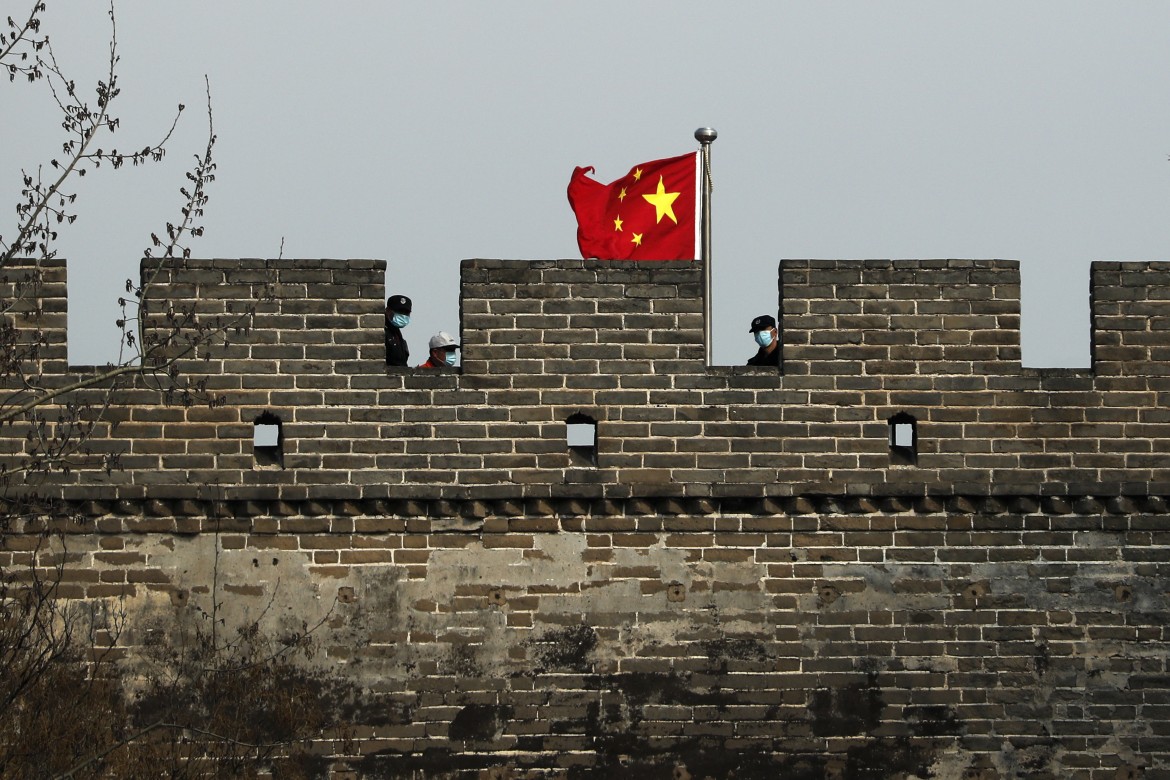Commentary
The Italian media’s double standard for the US and China
No one denies the distortions present in the Chinese system—on these pages, we have certainly not been soft on Chinese policies in Xinjiang. But what do we want to do, ultimately, about this strange political animal that is China?

In the context of the Italian political uncertainty, torn between the Atlantic front and the approach towards China, thanks to Mike Pompeo’s visit to Rome, the main Italian newspapers have happily become tools of American propaganda.
Leaving aside the director of La Repubblica, whose geopolitical analyses have always been clearly partisan, and in any case are part and parcel of his personal opinions on the appropriate political alliances of the country, in the Corriere della Sera on Monday, Milena Gabanelli and Luigi Offeddu worked to hide their anti-China analysis under the cloak of mere “data.”
They expect us to believe that the numbers are neutral and not inserted in a context (not explicitly acknowledged, of course), or that they can’t be cherry-picked from a long list of available data—from which you choose some and forget others.
They call it “Chinese propaganda” if we recall the millions of poor people lifted out of poverty over two decades by the Chinese government, or its announcement of the plan for zero emissions by 2060. Instead, what is considered “data” is, for instance, the accusations that China covered up the pandemic. On the other hand, even if they don’t go as far as to believe Trump’s “Chinese virus” theory, they are still unwilling to allow China the mitigating factor of having been the first country to face something previously unknown.
It’s certainly the case that there were delays in the lockdown decisions, but for once, the country did communicate in a timely manner with the WHO. In this sense, China is simply a mirror onto which we project our own delays and indecisions—unless we deem the response by Europe and the United States to have been perfectly executed, transparent and effective.
No one denies the distortions present in the Chinese system—on these pages, we have certainly not been soft on Chinese policies in Xinjiang (by the way, it is rather odd to “discover” Xinjiang in 2020, when for at least 20 years the region has been the scene of repressive Beijing policies against the Uighur community; is the difference that being Muslim itself was not seen in a very positive light by certain self-interested “data” before?) or Hong Kong—but what do we want to do, ultimately, about this strange political animal that is China?
As Professor Kerry Brown often repeats, almost a billion and a half people live in China: are we hoping they will suddenly disappear, or close themselves off in a kind of historical bubble, or do we take them into account and try to treat China like any other country, for example by seeing it in the context of the history of a country that has a good memory, and—unlike us—doesn’t forget the humiliations suffered from the West for over a century?
If information—as we might hope—has the task of orienting politics as well, how can we hope to have a ruling class that would be clear-eyed in its strategic choices when a country that is the world’s second economic power and is now playing a central role in the international forums is still being described in Italy in tones that swing wildly, between the Devil himself and an earthly paradise?
China is a great political laboratory which will play a more and more important role in our lives, so we might as well take it seriously, or—at the very least—treat it like we would any other country.
Originally published at https://ilmanifesto.it/il-doppio-standard-dei-media-italiani-sul-laboratorio-cina/ on 2020-09-29
